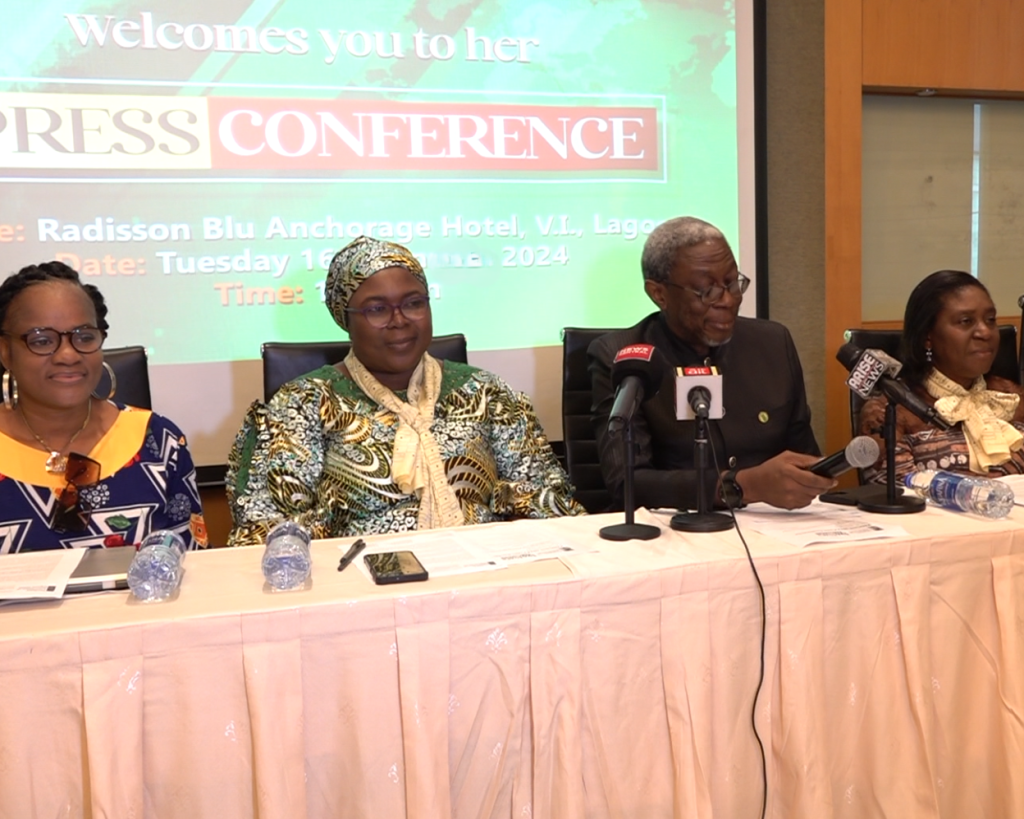The Paediatric Association of Nigeria (PAN) has joined the global community in observing the World Malaria Day, which is celebrated annually on April 25. This year’s theme, “Accelerating The Fight Against Malaria For A More Equitable World: Let’s Change The Narrative Now,” highlights the urgent need to address the age-long impact of this ailment on children.

Prof. Ekanem Ekure, President of PAN in a press release to commemorate the day, emphasised its impact on children, stating, “Malaria is responsible for approximately 60% of outpatient visits and 30% of admissions in the country. Among children under five years old, it is the single largest cause of death in Nigeria, followed by diarrhoea and pneumonia.”
Despite progress made in the fight against malaria, children continue to bear the brunt of the disease. In Nigeria, an estimated 68 million malarial cases and 194,000 deaths due to the disease were recorded in 2021. Children under five years of age account for about 80% of these cases, with the ailment being the leading cause of morbidity and mortality among Nigerian children.
PAN acknowledged the efforts made by the government and various partners in deploying vector control measures, chemoprevention strategies, diagnostic tools and improving access to anti-malarial treatments. However, the association called for addressing outstanding barriers and ensuring equitable access to interventions for children with the disease.

To accelerate anti-malarial strategies in Nigeria, PAN proposed several of them:
1. Strengthening primary healthcare services to bring preventative and curative services closer to children.
2. Adopting a multi-sectoral approach involving collaboration across agencies, ministries, and departments.
3. Promoting safe and malaria-free school environments through surveillance, insecticide-treated nets, and access to diagnosis and treatment facilities.
4. Supporting the rollout of the vaccine and various chemo-preventive interventions.
5. Addressing access gaps to quality malaria management by promoting rational practices on diagnosis and treatment.
6. Conducting research to generate evidence-based recommendations on diagnosis and treatment in children.
7. Increasing domestic resource mobilization through government budgetary allocations and corporate social responsibility initiatives.
PAN has called on its members and other healthcare providers to embrace and promote rational practices on malaria diagnosis and treatment, while also providing leadership for capacity development among health workers.
The association stressed the importance of addressing barriers and human rights challenges that heighten the risk of contracting this ailment, such as gender inequalities, discrimination, conflicts, and climate change-related displacement.
PAN expressed its commitment to partnering with the government and researchers to continue generating evidence to guide recommendations on disease management in children.


